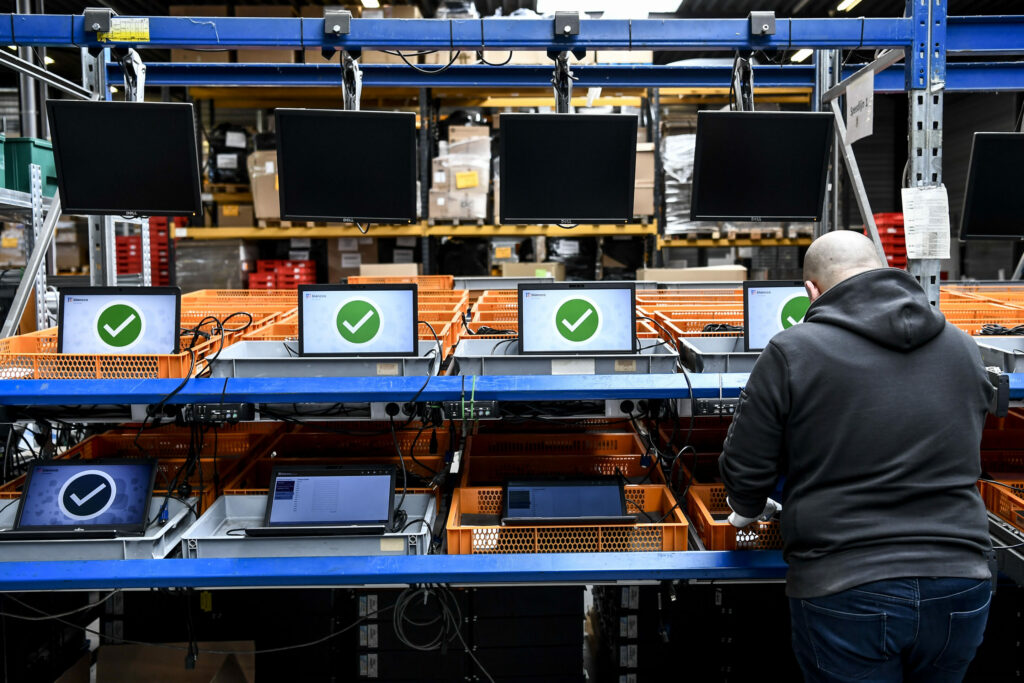The Belgian information and communication technology (ICT) sector saw its revenue increase by just 1.9% in 2024, the smallest rise in a decade, while employment dropped, report newspapers De Tijd and L'Echo on Wednesday, citing data from sector federation Agoria.
On average, the sector had seen growth of about 5% per year over the past decade. However, employment generation has begun to slow down, according to Agoria. For a decade, the ICT sector had created a net 3,000 jobs annually. The National Social Security Office (NSSO) figures for 2024 show a loss of 1,750 jobs.
In total, Belgian ICT companies generate €71.7 billion in revenue, provide 130,000 jobs, and contribute 4.8% to Belgium's GDP.
Not everything is bleak, though. Start-ups and scale-ups recorded strong growth, Agoria noted. In 2024, these companies had a record year for fundraising, with €1.43 billion raised.
Additionally, Belgian ICT companies have quickly embraced artificial intelligence (AI). Agoria's research service expects the AI sector's revenue to triple, reaching nearly €10 billion by 2030.
Belgium also stands out for having an "extremely productive" ICT sector. The added value per worker in ICT is the highest in the EU, according to Eurostat data.
In cybersecurity, Belgium's market share is nearly double its economic weight. The country's cyber firms hold a significant global market share, which Agoria attributes to the presence of international headquarters and organisations (NATO, EU institutions) and the significant roles of the public sector, healthcare, pharmaceuticals and financial institutions.
"We need more champions to elevate the entire ecosystem," said Agoria CEO Bart Steukers. He believes that, while Belgium has a strong tech ecosystem, it lacks a clear strategy and sufficient international marketing. The federation aims to promote and enhance Belgian technology on a global scale.

